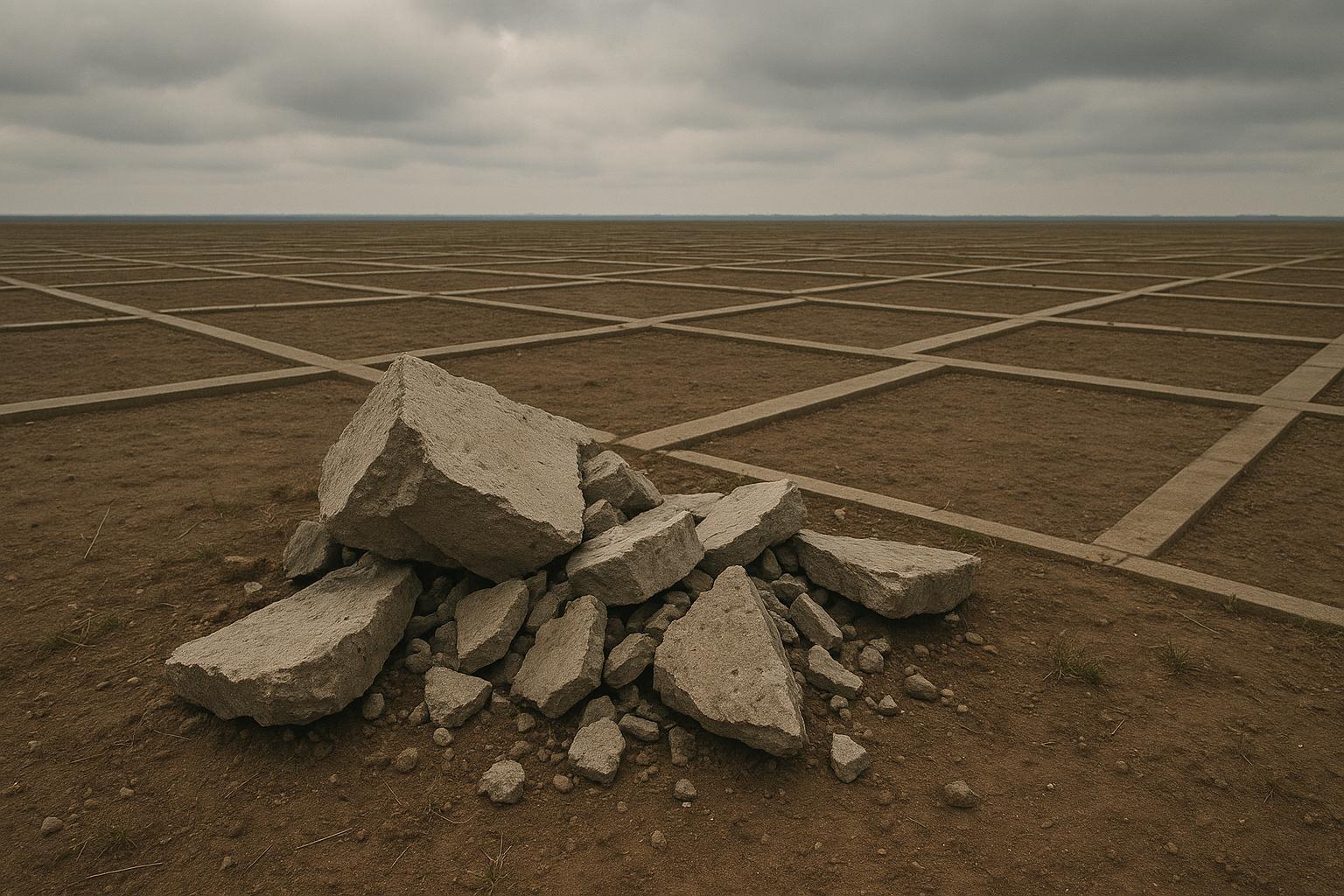Kevin McCloud, the presenter of the long-running Channel 4 series Grand Designs, has voiced deep concerns over the state of the UK housing market, describing it as “broken and dysfunctional” and expressing sympathy for those trying to buy homes in the near future. Speaking recently, he highlighted the dramatic escalation in house prices, noting that a modest two-bedroom home he once bought for £60,000 in Dulwich could now command a price up to 20 times higher, around £1.2 million. McCloud pointed out that while historically houses cost three to four times the average annual income, today in London and the home counties they can be priced at up to 14 times the average income, putting homeownership out of reach for many.
According to McCloud, the UK housing market is dominated by a handful of powerful companies primarily focused on maximising shareholder returns rather than addressing the need for affordable and quality housing. He went further to remark that the UK pays some of the highest prices in Europe for housing of comparatively poor quality. This monopoly and lack of competition contributes to inflated prices and a market that is very sensitive to economic downturns.
The concern over affordability is underscored by market data showing the average UK house price reaching a new high of £299,331 in August 2025, with London remaining the priciest area at an average property value exceeding £540,000. However, recent surveys indicate a cooling of the market; a Royal Institution of Chartered Surveyors (RICS) survey in September 2025 revealed the sharpest decline in house prices since January 2024, reflecting weakening buyer demand amid economic uncertainties such as high inflation and ambiguous future interest rates.
In light of these challenges, McCloud has advocated for policy measures and structural changes to improve the housing landscape. He has identified self-building as a potential solution, pointing to countries like Germany and Austria where self-builds constitute a significant share—up to 50%—of new homes, compared to just about 8% in the UK. This approach not only diversifies housing supply but could also moderate price growth. For this to happen, he urges the proper enforcement of the Right to Build legislation, which aims to enable individuals to construct their own homes.
Beyond economics, McCloud has drawn attention to cultural and vocational differences between the UK and some European neighbours. He emphasises how Germany’s housing market benefits from a strong culture of valuing building trades, where builders and carpenters undergo rigorous apprenticeships, driving quality and sustainability in construction. In contrast, he notes the UK lacks formal qualification standards for tradespeople, which undermines the housing sector's resilience and innovation. He has even suggested that struggling UK buyers might consider relocating to countries like Germany, where homeownership is more accessible and supported by state funding models.
Recently, initiatives have been introduced to ease entry into the housing market, such as Newcastle Building Society’s new mortgage product allowing first-time buyers to borrow up to 98% of a property’s value without parental help for the deposit. This comes amid data showing over half of first-time buyers in the UK currently receive some form of parental assistance, illustrating the barriers for those without family support. Nevertheless, such measures may only be incremental in an environment dominated by large housebuilders whose focus remains profit-driven.
Kevin McCloud’s observations signal a critical juncture for UK housing policy and market dynamics. Without significant reform and diversification of housing supply, combined with renewed respect and training for the building trades, the dream of homeownership may remain elusive for many, especially younger generations. The current market environment reflects both persistent affordability challenges and emerging signs of cooling demand, underscoring the complex interplay between economic factors and structural market issues.
📌 Reference Map:
- Paragraph 1 – [1], [5]
- Paragraph 2 – [1], [6], [7]
- Paragraph 3 – [4]
- Paragraph 4 – [2], [3], [4]
- Paragraph 5 – [1]
- Paragraph 6 – [1], [5]
Source: Noah Wire Services
